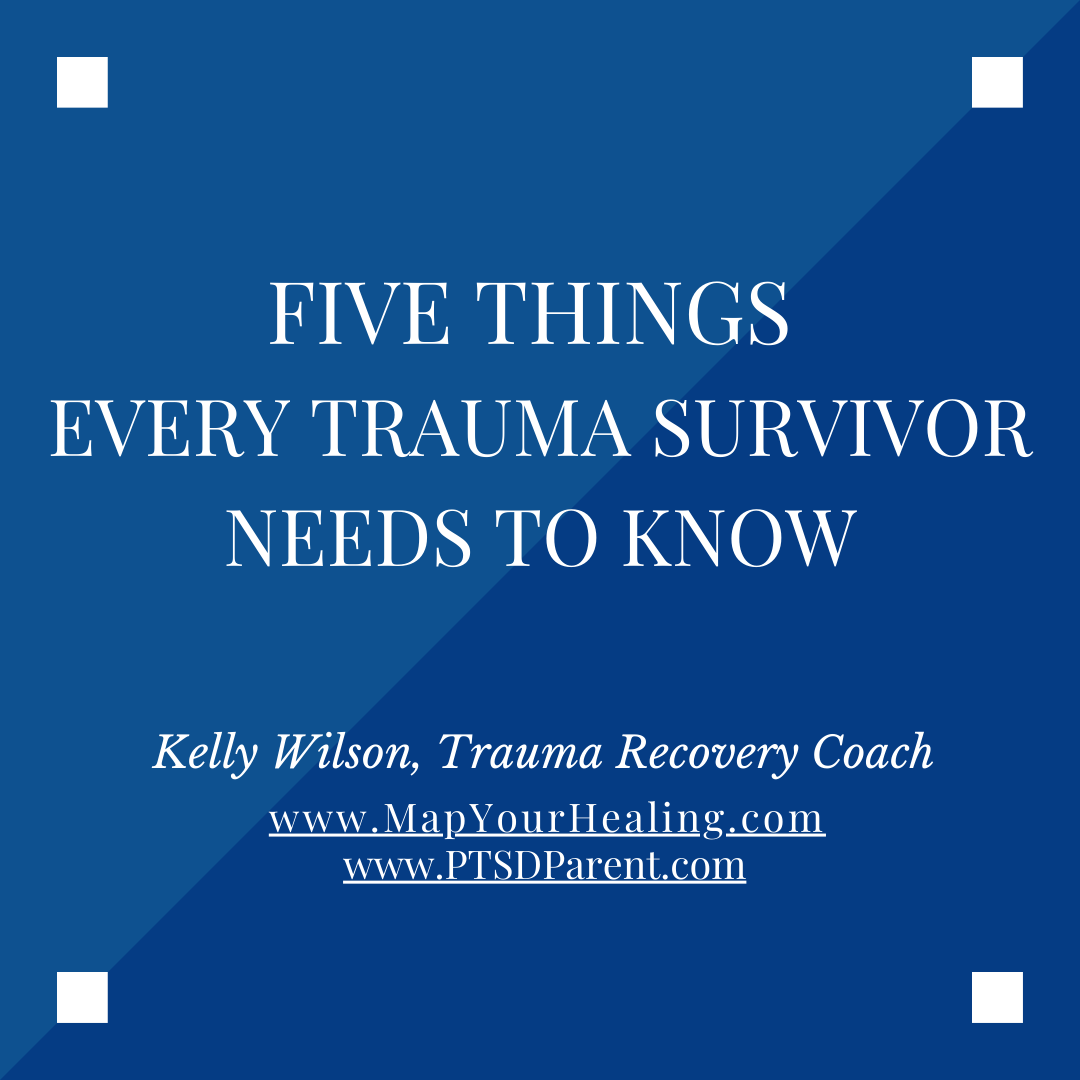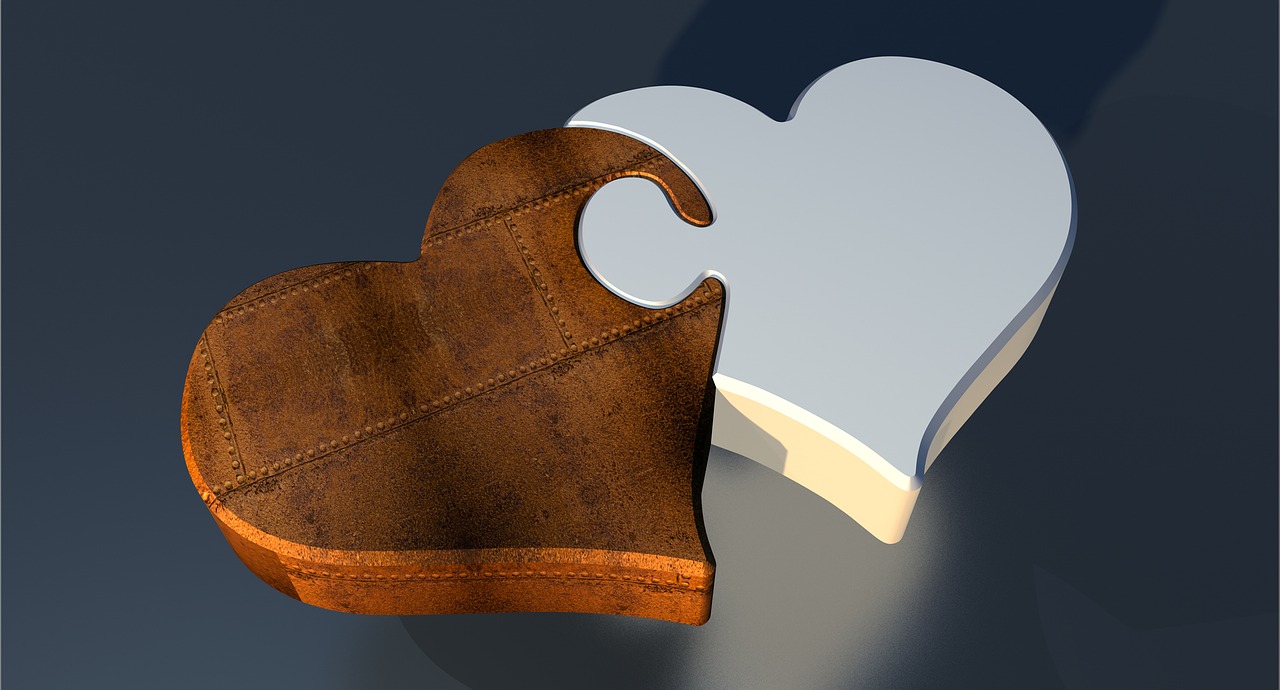Some seeds require cold in order to sprout. Seems counterintuitive, to put seeds in the ground to weather winter’s freezing temperatures.
But it’s a thing, and it’s called Cold Stratification.
***
One of the primary things I’ve struggled with this year is Losing Hope.
I have long preached about Hope.
As a childhood sexual abuse, emotional abuse, and neglect survivor, I had Hope of getting out of that environment and living a better life.
As a teenager left on my own to finish high school –
As a high school graduate, putting herself through school with scholarships and multiple jobs –
As a teacher, a wife, a mother, a stepmother, a friend — who has felt overwhelmed and damaged and never, ever good enough but determined to be and do better for the people in my life –
Most recently, as a mental health professional and small business owner and community member –
And as a gardener and medicine maker.
***
Gardening is Hope in Action. Living Hope.

Digging. Sowing. Tending. Watering. Pruning. More Watering. Weeding. Again with the watering.
If you’re lucky, Harvesting.
Never knowing what seeds will sprout.
Never knowing what plants will live.
Never knowing what the weather will be.
Never knowing if pests will take over.
Never knowing if blooms will fruit.
Sometimes — in spite of the best information and experience and environment — some is lost. Maybe all is lost.
Sometimes the only way is to lose.
***
When I felt Hope leave during this year, I was bereft.
I grieved.
I felt like a fraud in my line of work. What could I possibly provide others if I did not have Hope?
Life got really dark.
So dark that I could not see my hand in front of my face. So dark I only had echoes to listen to and rough tunnel walls underneath my fingertips.

I stumbled over unseen obstacles. I fell.
Bruised and broken, I got back up.
Life got very, very cold.
I did not see a light at the end of the proverbial tunnel.
And I was alone.
I could not admit that I had Lost Hope. I was too afraid that I would not experience Hope again.
I grieved. All year, I grieved.
***
From May through October, I took a Gardening As Medicine class. One Wednesday a month, I spent a whole day on a local farm, learning about growing plants to make medicine.
During our class about preparing and planting seeds, I learned about Cold Stratification.
Those seeds resonated deeply within me.
The seeds that need cold and dark and no light at the end of the proverbial tunnel in order to know when it’s time to break open completely.
Seeds that need cold so that they know when warmth arrives.
The seeds that — when Hope feels lost — do not give up, but hunker down and wait until the moment is right for them to break open.
***
Every Fall and Spring, I facilitate a writing group.

We write about trauma and grief and loss and kids and family and current events and pets and funny stuff and more.
We write and we read and we are held by witnesses who quietly celebrate as we break open, like seeds who sense it’s finally warm and safe enough to sprout.
During our last meeting a couple of weeks ago, I finally admitted about my year of Losing Hope.
The words made a path for me to follow, out of the cold and dark and solitude.
Nobody tried to “fix it,” including me. No platitudes. No false comfort.
Only witnessing.
Witnesses to my struggle and pain and wrestling.
Witnesses to the dark and cold and uncertainty and despair.
As I wrote, I remembered Cold Stratification. I considered the possibility that 2024 was my Cold Stratification year.
As I read, I felt the warmth that signaled that Hope was not Lost.
Hope had been dormant, waiting for the right moment to break me open.
Lost Hope? I Can Help You Work Through It

Sign up here to get a free copy of Five Things Every Trauma Survivor Needs to Know AND
61 Tips About the Grief Experience.
Find out more about Trauma and Grief Recovery Coaching
I offer one-on-one sessions, groups, PTSD Remediation, and classes. Appointments are offered in-person and online.
Try Trauma Recovery and Grief Recovery Coaching for Free! Book a free 30-minute Discovery Call to find out more!













